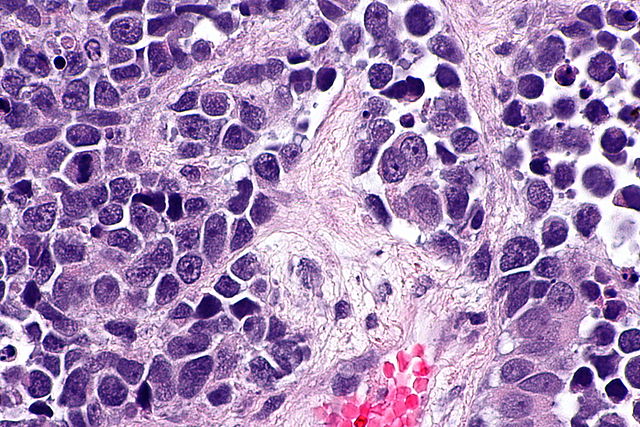Potential DNA damage from CRISPR has been ‘seriously underestimated,’ study finds
By Sharon Begley,
Stat
| 07. 16. 2018
From the earliest days of the CRISPR-Cas9 era, scientists have known that the first step in how it edits genomes — snipping DNA — creates an unholy mess: Cellular repairmen frantically try to fix the cuts by throwing random chunks of DNA into the breach and deleting other random bits. Research published on Monday suggests that’s only the tip of a Titanic-sized iceberg: CRISPR-Cas9 can cause significantly greater genetic havoc than experts thought, the study concludes, perhaps enough to threaten the health of patients who would one day receive CRISPR-based therapy.
The results come hard on the heels of two studies that identified a related issue: Some CRISPR’d cells might be missing a key anti-cancer mechanism and therefore be able to initiate tumors.
The DNA damage found in the new study included deletions of thousands of DNA bases, including at spots far from the edit. Some of the deletions can silence genes that should be active and activate genes that should be silent, including cancer-causing genes.
The DNA chaos that CRISPR unleashes has been “seriously underestimated,” said geneticist Allan...
Related Articles
By Scott Solomon, The MIT Press Reader | 02.12.2026
Chris Mason is a man in a hurry.
“Sometimes walking from the subway to the lab takes too long, so I’ll start running,” he told me over breakfast at a bistro near his home in Brooklyn on a crisp...
By Diaa Hadid and Shweta Desai, NPR | 01.29.2026
MUMBRA, India — The afternoon sun shines on the woman in a commuter-town café, highlighting her almond-shaped eyes and pale skin, a look often sought after by couples who need an egg to have a baby.
"I have good eggs,"...
By George Janes, BioNews | 01.12.2026
A heart attack patient has become the first person to be treated in a clinical trial of an experimental gene therapy, which aims to strengthen blood vessels after coronary bypass surgery.
Coronary artery bypass surgery is performed to treat...
By Staff, ScienceDaily | 01.05.2026
Scientists at UNSW Sydney have developed a new form of CRISPR technology that could make gene therapy safer while also resolving a decades-long debate about how genes are switched off. The research shows that small chemical markers attached to DNA
...




